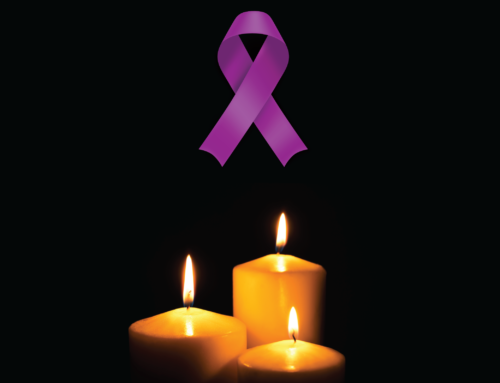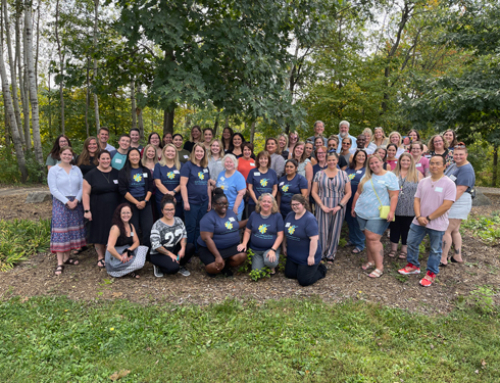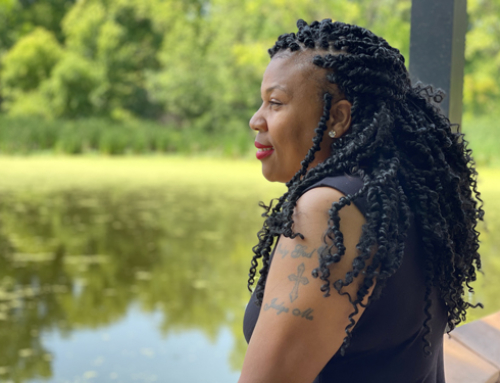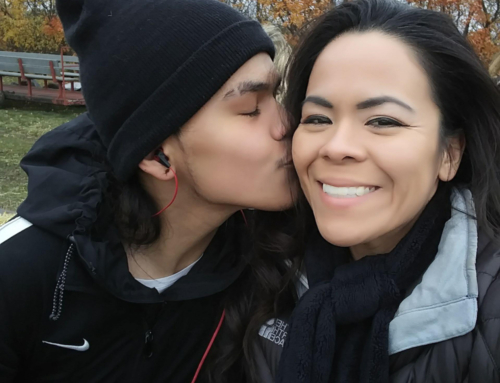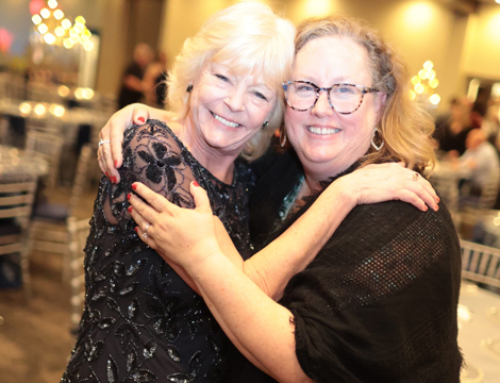by Tony Compton
Director of Marketing and Communications
No more, ‘what did she think was going to happen?’ No more, ‘what was she wearing?’ No more damaged lives. No more excuses.
These are some of the words Minnesota residents expressed in public service announcements for Minnesota Says No More, a 360 Communities project aligned with the national No More campaign. No More aims to engage the public in conversation about the complicated issues surrounding sexual and domestic violence and ultimately eliminate sexual and domestic abuse. The print, video and social media project features celebrity actors and professional athletes confronting these issues directly with their own No More statements.
Minnesota Says No More is a grassroots answer to the national campaign and features concerned citizens, survivors of domestic and sexual assault, elected officials, law enforcement, advocates, and more. It is an opportunity for all Minnesotans to stand up and be heard as we work to shift the culture to no longer allow sexual and domestic violence to persist.
Recently the country has seen some gains in shifting the cultural norms around sexual and domestic violence. Violence prevention and intervention programs around the country, including 360 Communities, have been working diligently for decades to provide shelter and resources to survivors, and to educate the public. Projects like No More have been a boost to these efforts. No More has been instrumental, for example, in shifting how we view and address domestic and sexual violence in professional sports. We now see No More public service announcements during NFL football games featuring current and former players, such as New York Giants quarterback Eli Manning and Hall of Fame former Vikings wide receiver Cris Carter.
However, the battle to shift minds is far from over in this country. You don’t need to look hard to find high profile examples that show victim blaming and a “rape culture” entrenched in our everyday lives.
Bill Cosby recently hired attorney Monique Pressley to help him fend off the allegations of sexual assault made by scores of women. In an interview with the Huffington Post, Pressley asserted that “… women have responsibility. We have responsibility for our bodies, we have responsibility for our decisions, we have responsibility for the ways that we conduct ourselves …” She insisted that this was not victim-blaming and that she was not speaking about Cosby’s accusers. She says she was talking about all women. Some might think this sounds reasonable. You know, ‘we all have to take personal responsibility.’ In fact, what she is saying is that many women who are raped somehow own responsibility for their victimhood – essentially deflecting responsibility away from rapists. This IS victim blaming. Men should never rape. Period.
When a high profile attorney is so off-base with her understanding of sexual violence, it is not only apparent why women would be hesitant to come forward to report their assaults, but it also underscores the work we still need to do to change the culture.
According to the Centers for Disease Control and Prevention, almost 30 percent of women and 10 percent of men in the United States have experienced rape, physical violence, and stalking by an intimate partner. That works out to 24 people every minute or 12 million people over the course of a year. In a national survey, 1 in 5 women and 1 in 71 men reported experiencing rape at some time in their lifetime. According to a Washington Post-Kaiser Family Foundation poll, 1 out of 5 college women detailed experiencing sexual assault.
We know these crimes are underreported for a variety of reasons, including:
- shame
- victim blaming
- humiliation of reliving the crime over and over
- lack of confidentiality when reporting
- concern for safety
- knowing the perpetrator/not wanting to get them in trouble
We need to level the playing field for survivors of abuse by removing the mountain of obstacles they face in seeking justice. Otherwise, many will not report abuse and more will be victimized. According to the Rape, Abuse & Incest National Network (RAINN), 68% of sexual assaults go unreported. They say for every 100 rapes, 32 get reported. From that pool, there are only seven arrests. Of those seven, three are referred to a prosecutor, and only two cases end in a felony conviction.
Recently, Alec Neal pled guilty to raping his former girlfriend, Sarah Super. His sentencing hearing in a Ramsey County courtroom was noteworthy. Neal had entered Super’s apartment, waited for her to come home, and raped her at knifepoint. Neal’s defense attorney, Robert Sicoli, cited mental illness as a contributing factor and was quoted in the Pioneer Press as saying to Ramsey County District Court Judge Judith Tilsen, “Alec’s actions were incongruous with the man … He really is not that kind of person.” Tilsen rejected that claim, telling Neal, “You are the kind of person who would do this. You did it. And as soon as you can face that, you can move forward.” When survivor Sarah Super had her chance to speak, she dismissed Neal’s claim of mental illness and asserted that he is a product of privilege who felt entitled to her body.
This case was an example of the phrase “no more excuses” in action. We need to hold abusers accountable for their choices and actions.
Together, we can shift the dialogue surrounding sexual and domestic violence. The work of local and national violence prevention and intervention advocacy groups, supported by movements like the No More campaign, is helping to change the culture. We need your voice. You can take part by heading to 360Communities.org, viewing and sharing our Minnesota Says No More public service announcements, signing our No More pledge, and supporting 360 Communities’ violence prevention and intervention work.
It is encouraging to see so much progress in the country already, but we have much more work to do if we are going to eliminate sexual and domestic violence. If each of us can shift one person to action on these issues, we can create a world where everyone’s sense of safety is secure.

